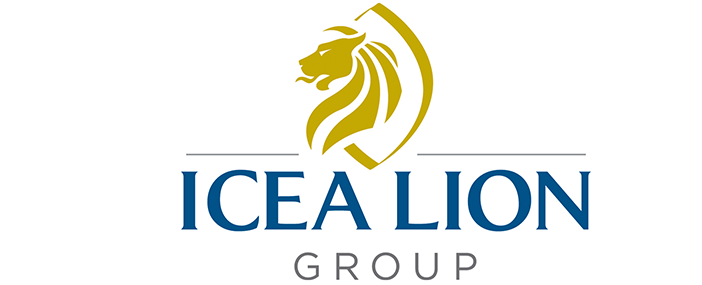Recordings for this event can be found here and photos from the event can be found here.
The UNEP FI Regional Roundtable Africa and Middle East was held on 14-15 June at the Windhoek Country Club Resort, in Windhoek, Namibia. The event, co-organised with NamibRe, convened 200+ UNEP FI member banks and insurers, policymakers, civil society, and academia to discuss sustainable finance trends, challenges, and solutions in Africa and Middle East.
Speakers and participants had the opportunity to network and explore topics such as regulations and their effects on sustainable finance, climate mitigation, and adaptation action, financial health and inclusion, sustainable insurance, nature-related risks, existing projects and partnerships in the regions, and much more.
Following the Roundtable, the Nairobi Declaration Sustainable Insurance hosted a series of workshops where speakers and participants explored ways in which African insurance companies can start their ESG journey on 16 June, in Windhoek, Namibia.
Contact us for any questions or comments at: roundtable@unepfi.org.
| Time | Sessions – Day 1 | |
| 09:00 | Master of Ceremonies
|
|
| 9:05 | Opening remarks
|
|
| 09:10 | Opening Keynote speech
|
|
| 09:20 | Keynote Address of the Prime Minister of Republic of Namibia, Rt. Hon. Dr. Saara Kuugongelwa-Amadhila
|
|
| 09:30 | Panel: Transforming the real economy for a sustainable future
|
|
| 10:30 | Break | |
| 11:00 | High level dialogue: Making credible climate commitments count – the road to COP28
|
|
| 11:30 | Panel: Regulatory developments promoting sustainable finance in Africa and Middle East
|
|
| 12:30 | Lunch | |
| 13:30 | Panel: Climate adaptation in Africa and Middle East: The finance journey
|
|
| Parallel sessions (Oryx 1) | Parallel sessions (Oryx 2-3) | |
| 14:30 | Tackling loss and damage through innovative insurance facilities
|
Advancing sustainability in banking through the Principles for Responsible Banking
|
| 15:20 | Break | |
| Room – Oryx 1 | Room – Oryx 2-3 | |
| 15:50 | Nature positive insurance in Africa and Middle East
|
Addressing water risks and management through finance
|
| 16:40 | ESG risk management in insurance underwriting
|
Finance solutions for nature and biodiversity risks
|
| 17:30 | End of Day 1 | |
| Time | Sessions – Day 2 | |
| 9:00 | Master of Ceremonies | |
| 9:05 | Opening remarks
|
|
| 9:15 | Panel: The role of finance in achieving the 2030 Agenda for Sustainable Development
|
|
| 10:20 | High-level dialogue: Financing resilient food and water systems in Africa and Middle East
|
|
| 10:50 | Break | |
| 11:20 | Panel: Climate mitigation in Africa and Middle East: The finance journey
|
|
| 12:20 | Lunch | |
| 13:20 | Intersections between climate and nature: insights into TCFD and TNFD frameworks
|
|
| 14:20 | Advancing a circular economy in Sub-Saharan Africa
Room: Oryx 1
|
Embedding the Just Transition in the finance industry
Room: Oryx 2-3
|
| 15:20 | Break | |
| 15:50 | Panel: Next steps to promoting sustainable finance in AME: Projects and partnerships
|
|
| 16:50 | Closing Remarks
|
|
| 17:00 | End of Day 2 | |
Co-organiser:
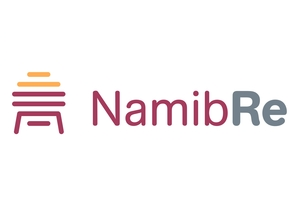
Since the incorporation of Namibia National Reinsurance Corporation Ltd (NamibRe) in 2001, their primary business activity has always been reinsurance. Over the 18 years they’ve perfected their business operation and found ways to prepare for and manage business risks in a responsible and forward-looking way in order to lessen the impact.
NamibRe fully supports the projects and activities of the United Nations in particular (e.g. environmental, social, and governance issues that relate to climate change, natural disasters, ecosystems degradation, human rights violations, health risks, aging populations, financial exclusion, corruption).
For that reason, they find it necessary and beneficial to join institutions or organisations that promote sustainable development to learn from each other and utilize their combined efforts to make the world a better place. The global sustainability framework and initiative of UNEP FI will help organizations catalyze the kind of financial and investment flows and long-term perspectives needed for sustainable development.
Their participation in this initiative speaks to their understanding of the impact that climate change has on their business operations and the environments in which they operate. They aim to align their operations and strategy to promote a sustainable future.
Gold Sponsors
Access Bank Plc. is a leading full-service commercial Bank operating through a network of more than 600 branches and service outlets, spanning three continents, 18 countries and 49+ million customers. The Bank employs 28,000 people in its operations in Nigeria and has subsidiaries in Sub-Saharan Africa and the United Kingdom (with a branch in Dubai, UAE) and representative offices in China, Lebanon, and India.
Listed on the Nigerian Exchange Limited (formally Nigerian Stock Exchange) since 1998. It is currently admitted on the National Association of Securities Dealers (NASD). Access Bank is a diversified financial institution which combines a strong retail customer franchise and digital platform with deep corporate banking expertise and proven risk management and capital management capabilities. The Bank serves its various markets through four business segments: Retail, Business, Commercial and Corporate. The Bank has over 900,000 shareholders (including several Nigerian and International Institutional Investors) and has enjoyed what is arguably Africa’s most successful banking growth trajectory in the last twelve years. Following its merger with Diamond Bank in March 2019, Access Bank became one of Africa’s largest retail banks by retail customer base and the largest bank by total assets.
As part of its continued growth strategy, Access Bank is focused on mainstreaming sustainable business practices into its operations. The Bank strives to deliver sustainable economic growth that is profitable, environmentally responsible, and socially relevant, helping customers to access more and achieve their dreams.
In honour of its defining roles across the African continent, Access Bank has been accorded recognition by reputable domestic and global organisations. Some of these recognitions include: 2022 International Investors Award “Best Environmental and Social Performance Award”, 2022 Finance Derivative Award “Best Sustainable Bank Africa”, 2022 Euromoney Awards “Best Bank in Nigeria”, 2022 Global Sustainable Finance Awards “Outstanding Leadership in ESG-Related Loans, Africa” and “Financial Leadership in Sustaining Communities, Africa”, 2019 World Finance Award “Best Digital Bank in Nigeria”; 2019 World Finance Award “Best Mobile App in Nigeria”; 2019 Karlsruhe Sustainable Finance Awards; “Outstanding Business Sustainability Achievement”; 2018 Euromoney Private Banking Awards “Best Commercial Banking Capabilities”; 2018 Euromoney ‘Africa’s Best Bank for CSR’ Award; 2018 CBN ‘Sustainable Bank of the Year’; ‘Sustainable Transaction of the Year (Oil & Gas)’, ‘Sustainable Transaction of the Year (Power)’; 2018 Global Banking and Finance Review, “Best Investor Relations Bank in Nigeria”; 2018 SERAS “Most Sustainable Company in Africa”, 2019 CEO Awards Forum “Gender Leader of the Year” just to mention a few.
Established in 2012 and supported by UK aid, FSD Africa is a specialist development agency working to make finance work for Africa’s future. FSD Africa is incorporated as a non-profit company limited by guarantee in Kenya. It is funded by UK aid from the UK government. At FSD Africa, our programming is designed to address systemic challenges within Africa’s financial markets, with the aim of sparking large-scale and long-term change. Our interventions are designed from the ground up, to ensure that Africa’s financial markets better serve those most in need – today, and long after our programmes end.
From our headquarters in Nairobi, our team of over 35 financial sector experts lead ambitious programmes spanning 31 countries across the continent. FSD Africa is part of a family of 10 financial sector deepening, or FSD programmes, operating across sub-Saharan Africa, known as the FSD Network. Together, the network provides over £50m a year in financial support to high-potential financial market development programmes, and employs over 150 financial sector experts, based in local offices across Africa.
Standard Bank aspires to be a leading emerging market financial services organization. Standard Bank Group is one of the big four full-service South African banks. The group operates in a range of banking and related financial services. The group has a wide representation which spans 17 African countries and 16 countries outside of Africa with an emerging market focus. Standard Bank has more than 6,500 points of representation on the African continent.The Standard Bank Group is the largest South African banking Group ranked by the assets and earnings. The group had total assets of over R 1,345 billion (approximately USD 182 billion) at 31 December 2009 and employed more than 50,000 (including Liberty) people worldwide. Standard Bank’s market capitalization at 31 December 2009 was R 159 billion (approximately USD 22 billion).
Building sustainability thinking into the way Standard Bank Group does business is less about drastic changes in what the bank does and more about understanding the linkages between our its operations, the emerging markets communities in which the bank operates and global pressures. Standard Bank began its sustainability reporting journey in 2002 and has used the Global Reporting Initiative (GRI) G3 Reporting Guidelines including the Financial Services Sectors Supplement indicators as a guide when reporting.
Silver Sponsor

Bank of Industry Limited (the “Bank” or “BOI”) is Nigeria’s foremost Development Financial Institution (DFI). It was incorporated in 1959 as the Investment Company of Nigeria (ICON) Limited and reconstructed into the Nigerian Industrial Development Bank (NIDB) in 1964 under the guidance of the World Bank. The International Finance Corporation which produced BOI’s pioneer Chief Executive held 75% equity along with a number of domestic and foreign private investors. The Bank transformed into the Bank of Industry in 2001, following the merger of the mandates of NIDB, Nigerian Bank for Commerce and Industry (NBCI) and the National Economic Reconstruction Fund (NERFUND).
BOI has a mandate to transform Nigeria’s industrial sector by providing financial assistance for the establishment of large, medium and small enterprises; as well as to drive expansion, diversification and modernisation of existing enterprises; and rehabilitation of ailing ones. This mandate is geared towards supporting projects with potential developmental impact, and the capability to generate considerable multiplier effects such as industrialization, job creation, and poverty alleviation, which would have significant positive effects on the socio-economic condition of Nigerians.
The Bank continues to support growth across various sectors including Agro and Food Processing, Creative Industries, Engineering and Technology, Healthcare and Petrochemicals, Oil and Gas, Renewable Energy and Solid Minerals; leveraging BOI’s state offices nationwide.
ICEA LION General Insurance Company provides general insurance. The company was founded in 2011 and is based in Nairobi, Kenya. ICEA LION General Insurance Company operates as a subsidiary of ICEA LION Insurance Holdings Limited. The bank has grown to become one of the largest financial service providers in the region with well-established operations in Kenya, Uganda and Tanzania. The Group was formed when Insurance Company of East Africa Limited (ICEA) and Lion of Kenya Insurance Company Limited (LOK) merged in 2011.
It has numerous products targeting the general insurance segment. The product range includes motor insurance, domestic package, travel insurance, WIBA, contractors all risk, personal accident convers among others. The company is a subsidiary of the ICEA Lion group, which was formed after the merger between the Insurance Company of East Africa (ICEA), and Lion of Kenya Insurance Company. The merger made ICEA-LION general insurance company one of the largest and strongest players in the Kenyan insurance sector because of the strength of the combined balance sheets of the two companies.
The ICEA LION General Insurance team is extremely delighted to become the 5th insurer in Africa to be confirmed as a signatory to the distinguished Principles of Sustainable Insurance. The aim of the Principles are to lay a foundation upon which as a player, we can build a stronger relationship that puts sustainability at the heart of risk management, in the pursuit of a more forward-looking and better managed world.
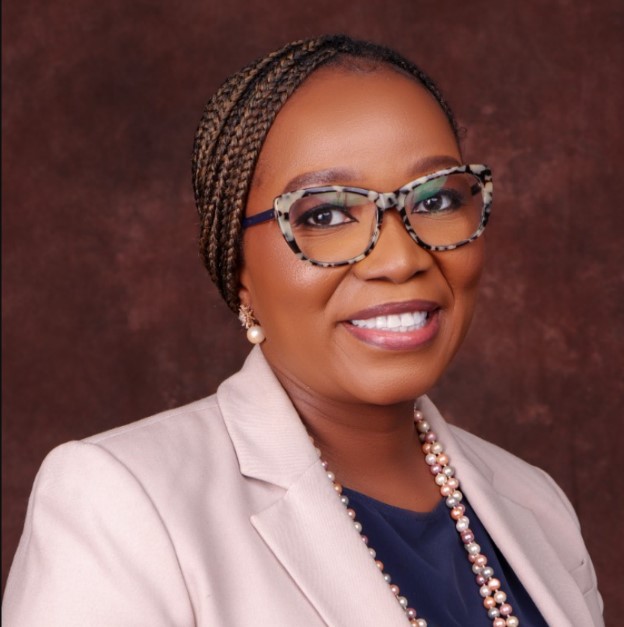
Abimbola Agbejule
Head, Corporate Sustainability, Wema Bank
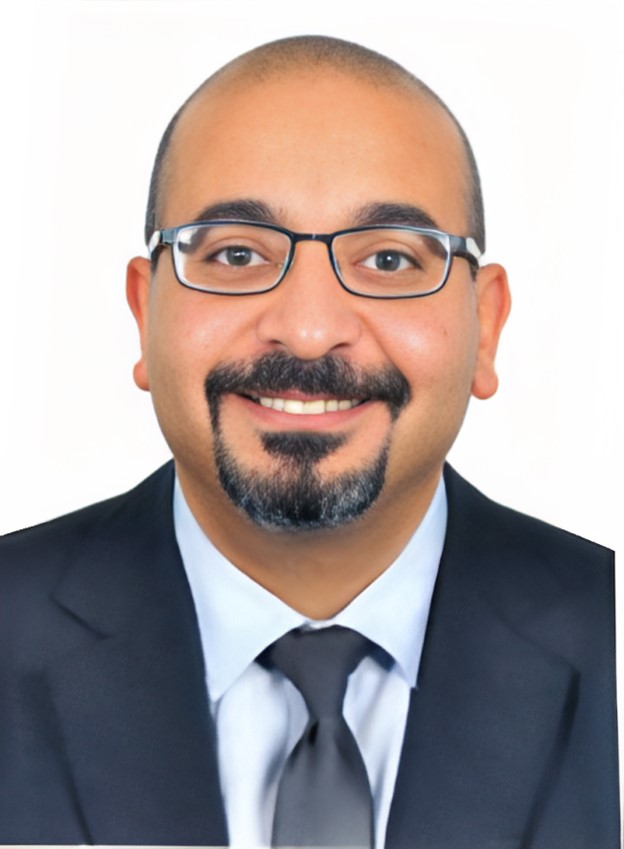
Walid Ali
General Manager, Sustainability Department, Central Bank of Egypt
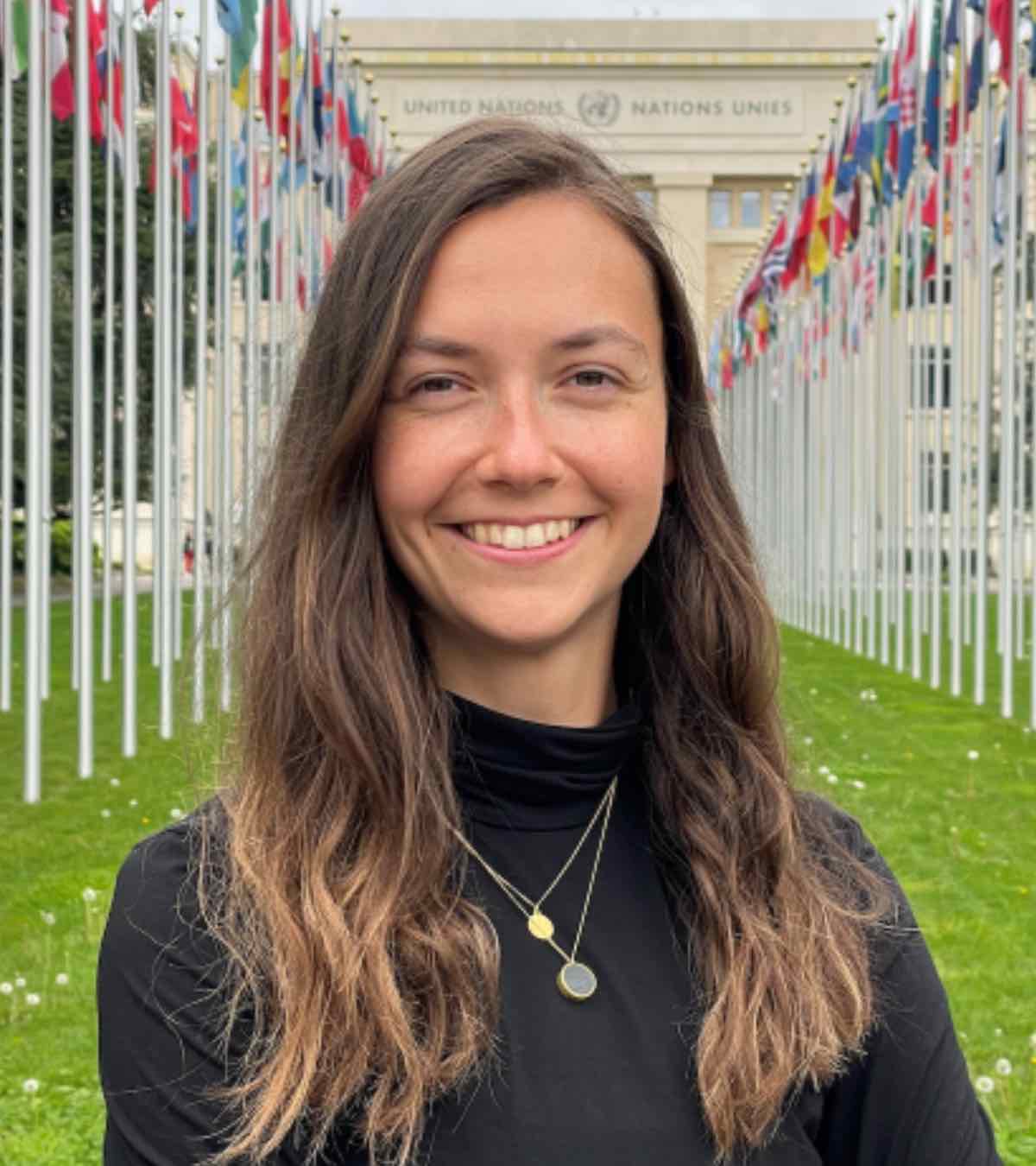
Alice Anders
Implementation Coordinator, Banking and Climate
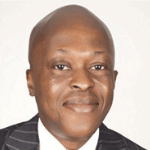
David Ashiagbor
Chief Financial Sector Strategy Officer, African Development Bank Group
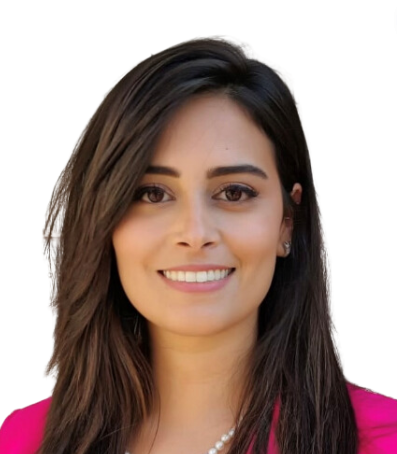
Nuran Atef
Regional Lead, Africa & Middle East

Butch Bacani
Head of Insurance

Ruan Bestbier
Group Head Sustainability, Capricorn Group Limited
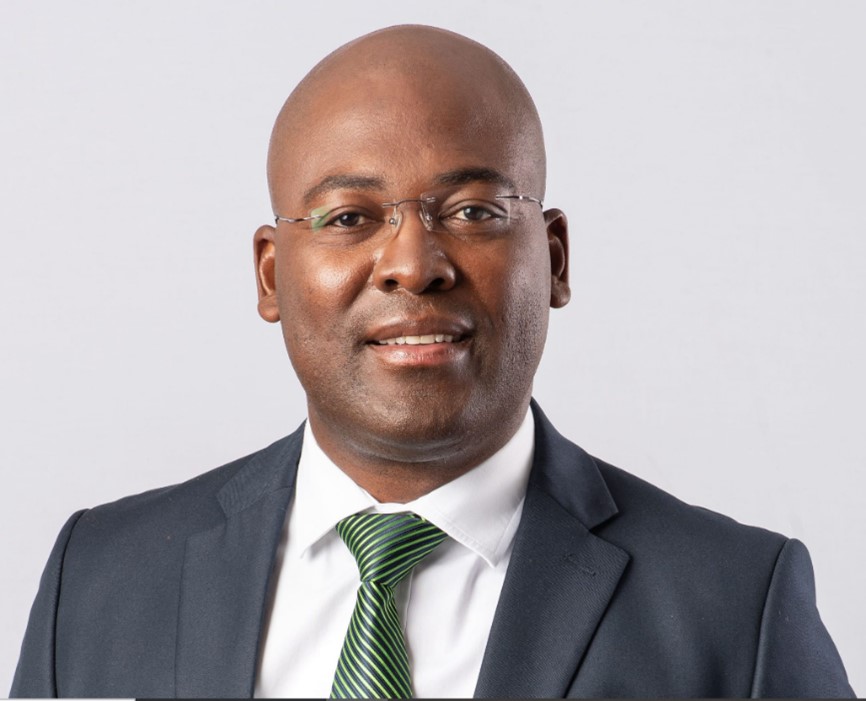
Tassius Chigariro
Group Chief Executive Officer, Old Mutual Namibia
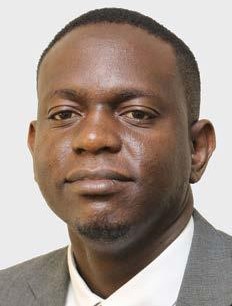
Graham Ching’ambu
Regional Fund Manager, SADC Water Fund, DBSA
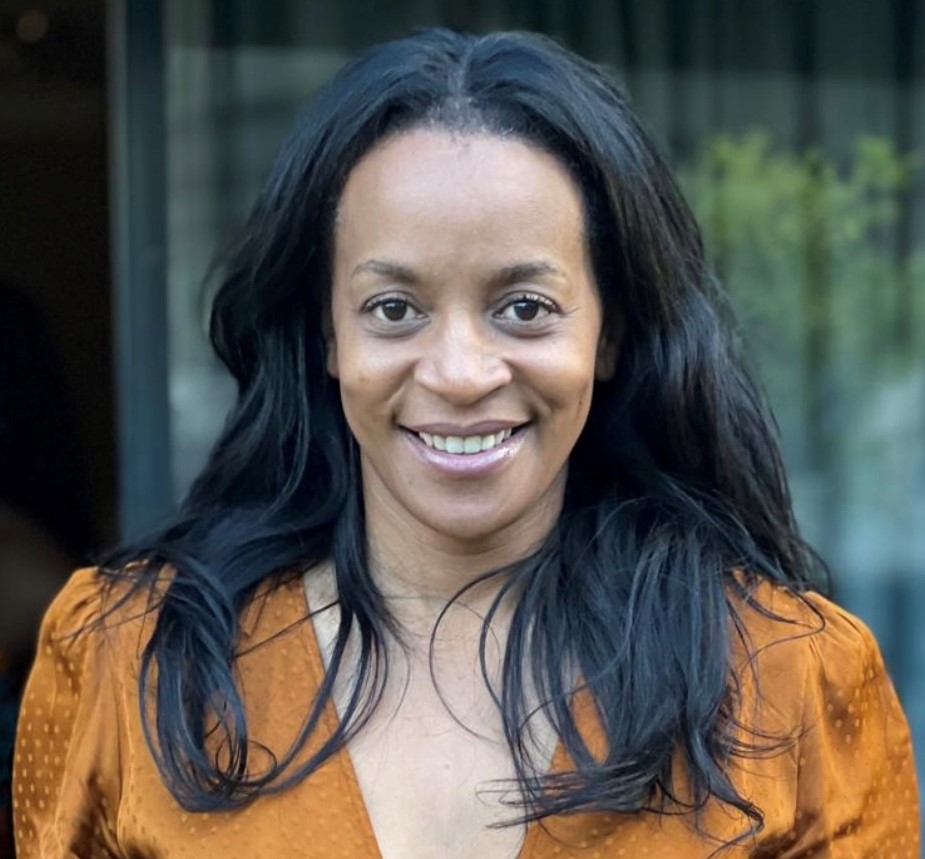
Ange Chitate
Chief Operating Officer, African Risk Capacity

Hauke Dahl
Scaling Lead, East and Southern Africa, International Water Management Institute
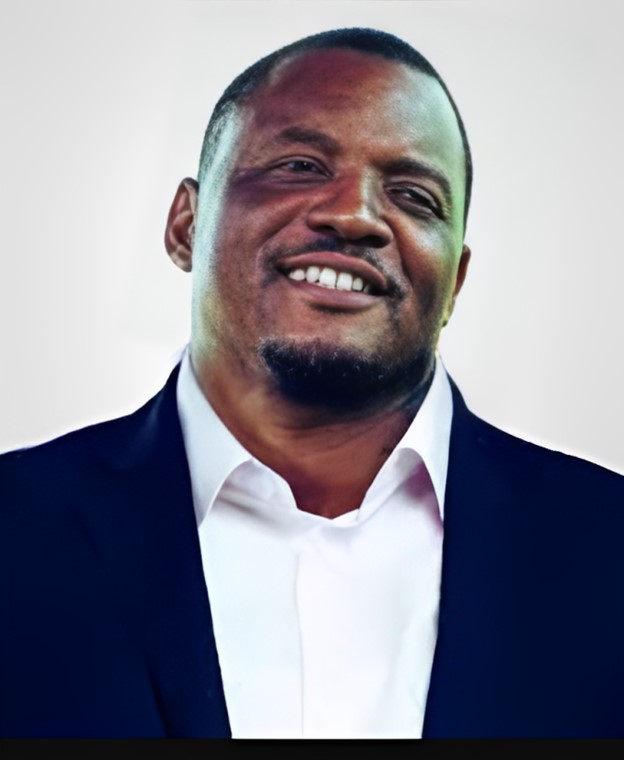
Munyaradzi Daka
Technical Manager, Agro Consortium (AIC)
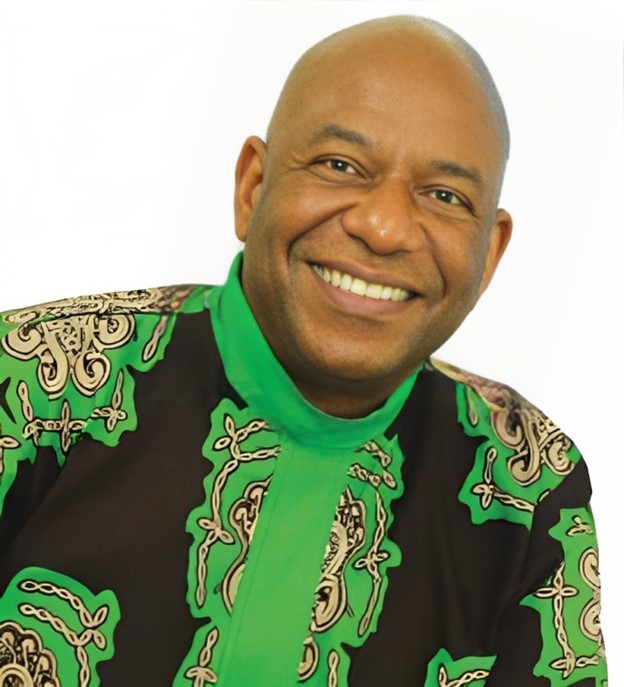
George Fedha
Country Director and Representative, World Food Programme, Namibia
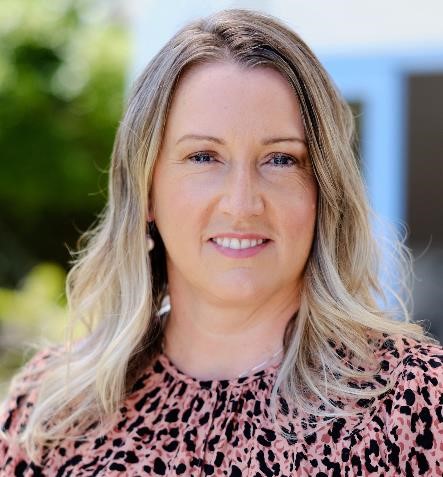
Louise Gardiner
Africa and Working Groups Coordinator, Sustainable Banking and Finance Network

Dylan Hauser
Africa Regional Lead and Netherlands Coordinator, Partnership for Carbon Accounting Financials (PCAF)
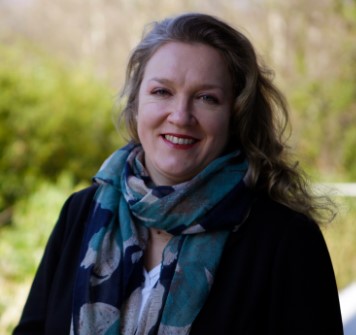
Louise Heaps
Head of Sustainable Blue Economy, WWF
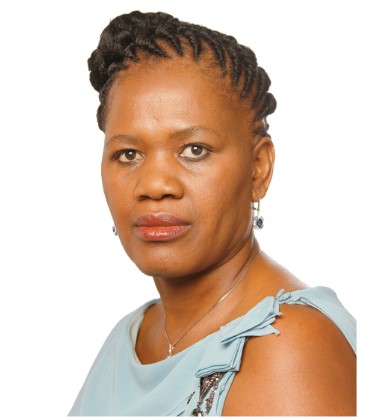
Hon. Maureen Hinda-Mbuende
Deputy Minister of Finance, Republic of Namibia
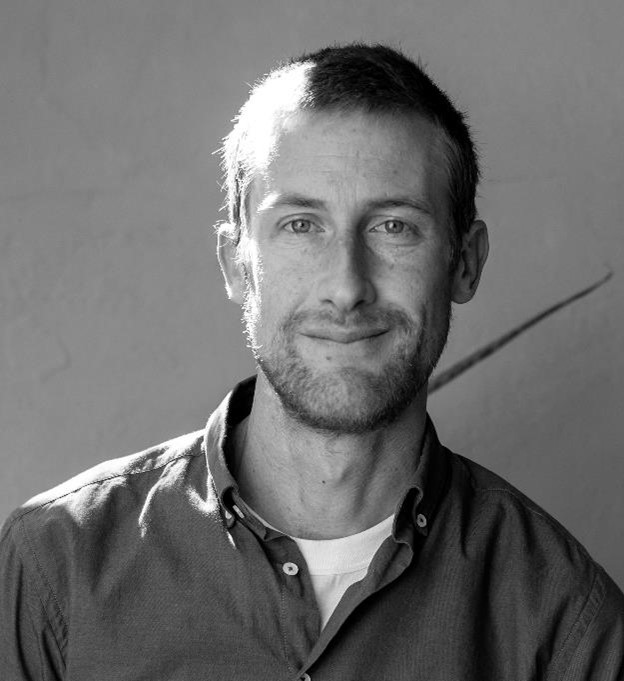
Roland Hunter
Senior Sourcing Manager Africa, Nature-based Solutions, South Pole
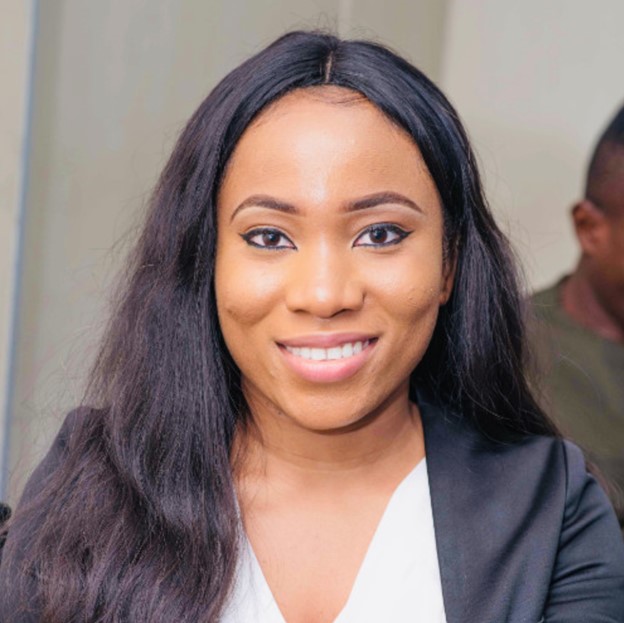
Kosiso Chinenye Iwugo
Sustainable Finance & ESG Associate, Access Bank
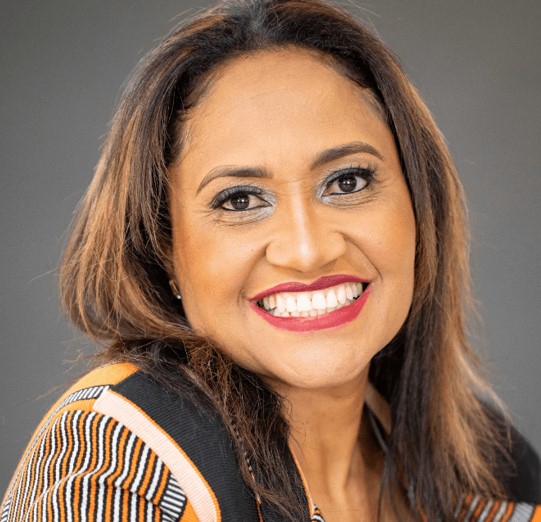
Patty Karuaihe-Martin
Managing Director, NamibRe (Namibia)
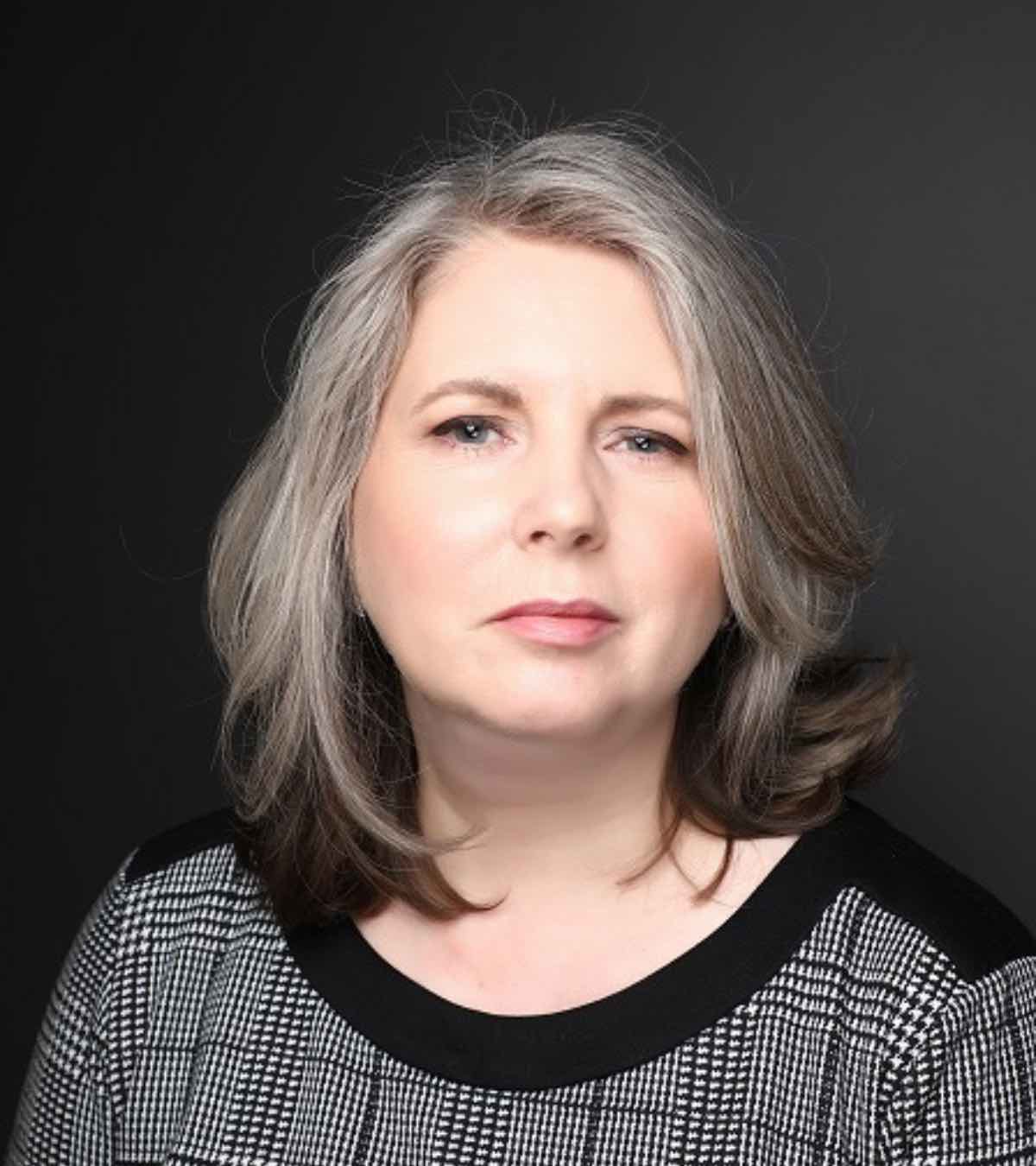
Sarah Kemmitt
Secretariat Lead, Net-Zero Banking Alliance
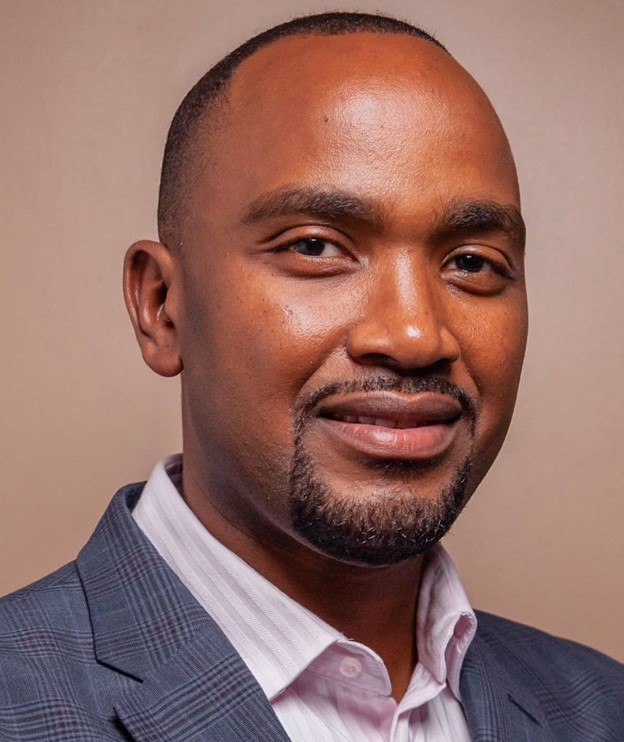
Jack Kimani
CEO, The Climate Action Platform, Africa (CAP-A)

Peggy Lefort
Pollution & Circular Economy Lead

Philip Lopokoiyit
CEO, ICEA LION Group
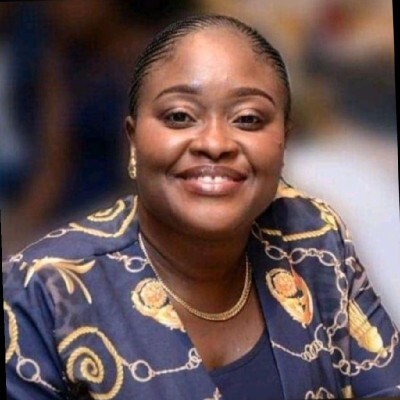
Mbombo Luhembe
Group Head Of Sustainability Analytics, Absa Group
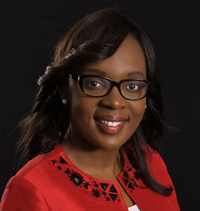
Dorothy Maseke
Africa Lead, Nature Finance & TNFD, FSD Africa
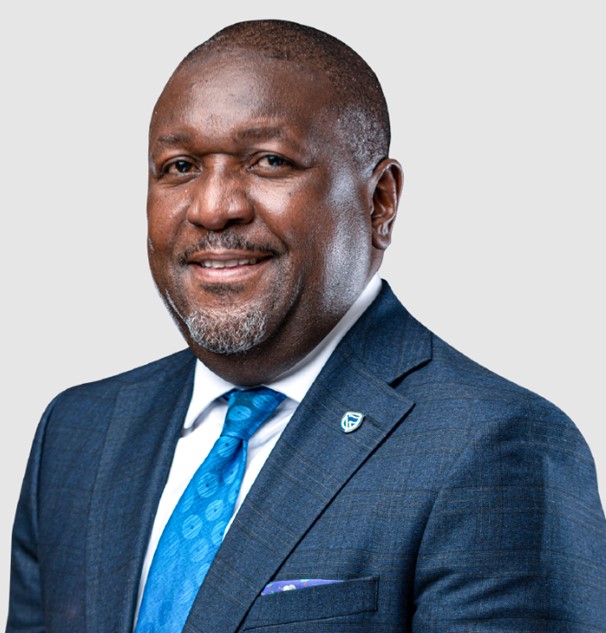
Andrew Mashanda
Chief Executive, Stanbic Uganda Holdings Limited
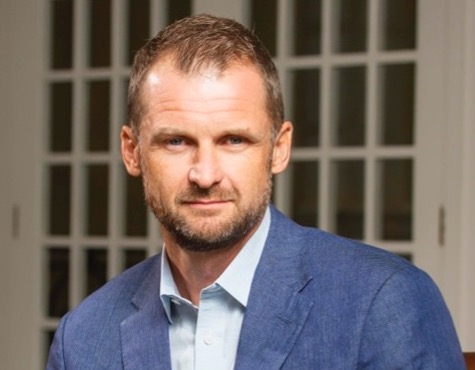
Kelvin Massingham
Director, Risk and Resilience FSD Africa
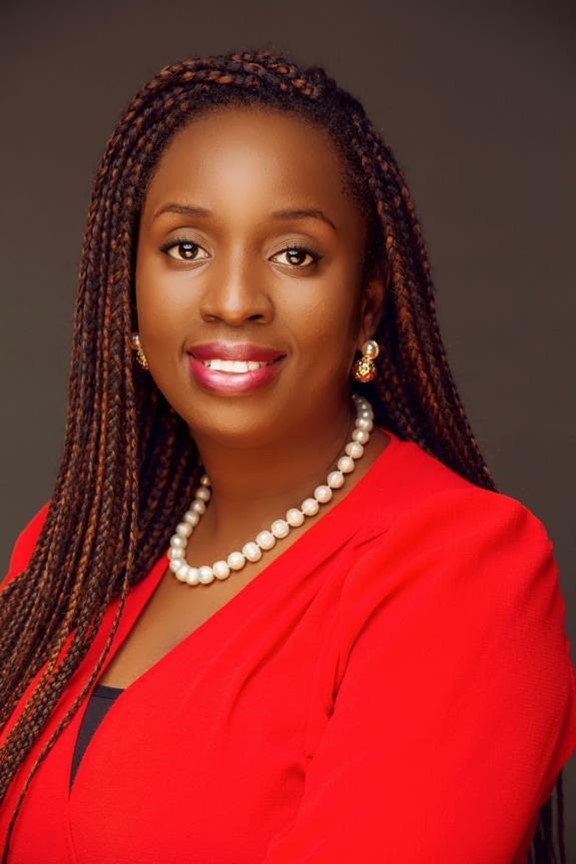
Tosin Mfon
Head, External Relations & Sustainability, Bank of Industry
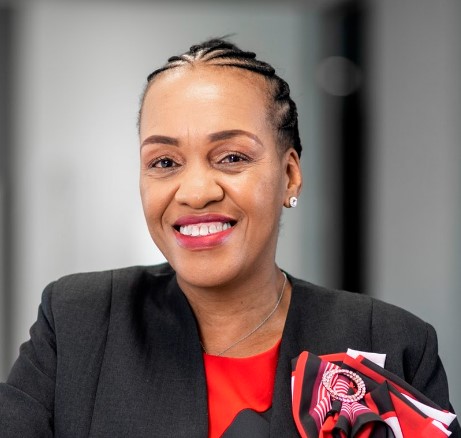
Punki Modise
Chief Strategy and Sustainability Officer, Absa Group
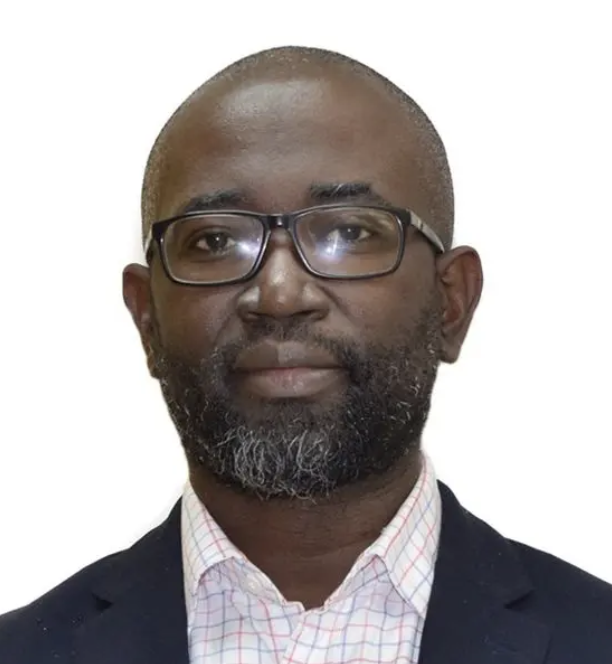
Kasonde Mulenga
Programme Manager, Transforming Investments in African Rainfed Agriculture, Stockholm International Water Institute (SIWI)
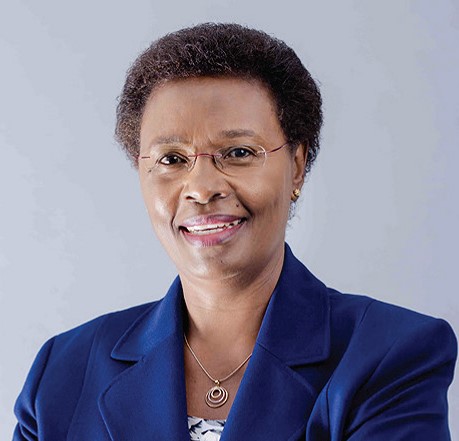
Naomi Munyi
General Manager, ICEA Lion Group
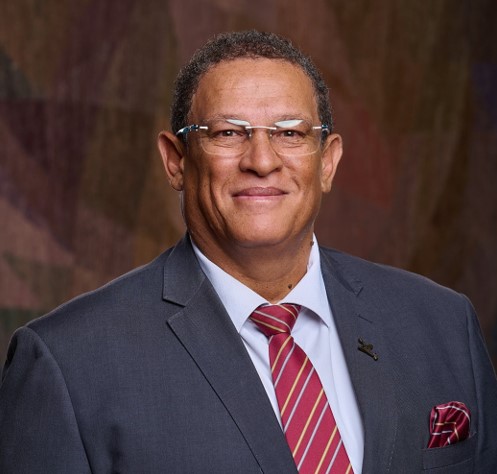
Romeo Nel
Special Advisor to the Governors, Bank of Namibia
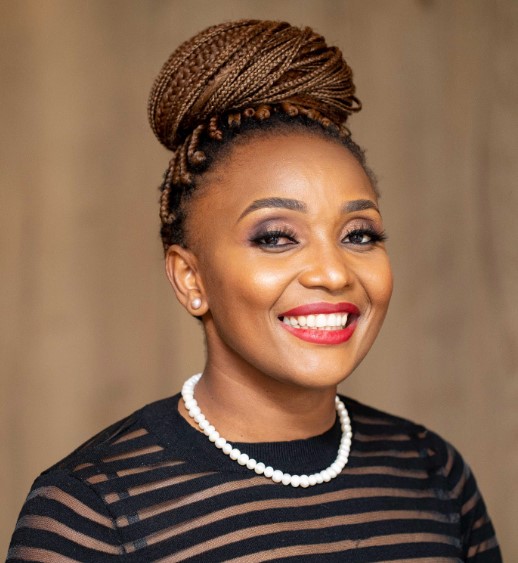
Sesilia Nkoshi
Senior Underwriter for Non-life Reinsurance, Namibia National Reinsurance Corporation
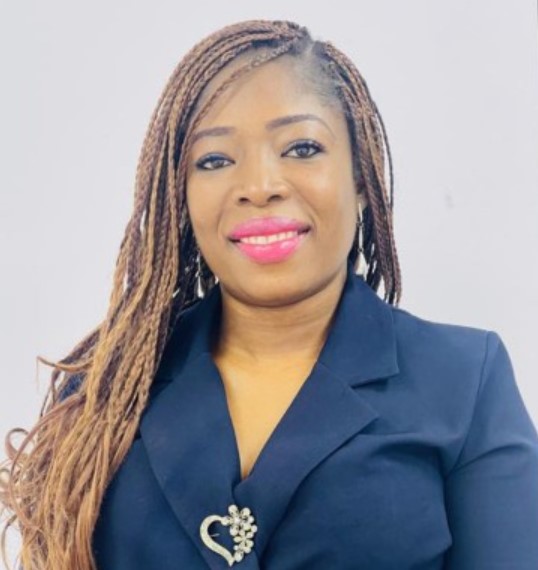
Olamide Oladele
Corporate Sustainability and Responsibility Practitioner, Wema Bank
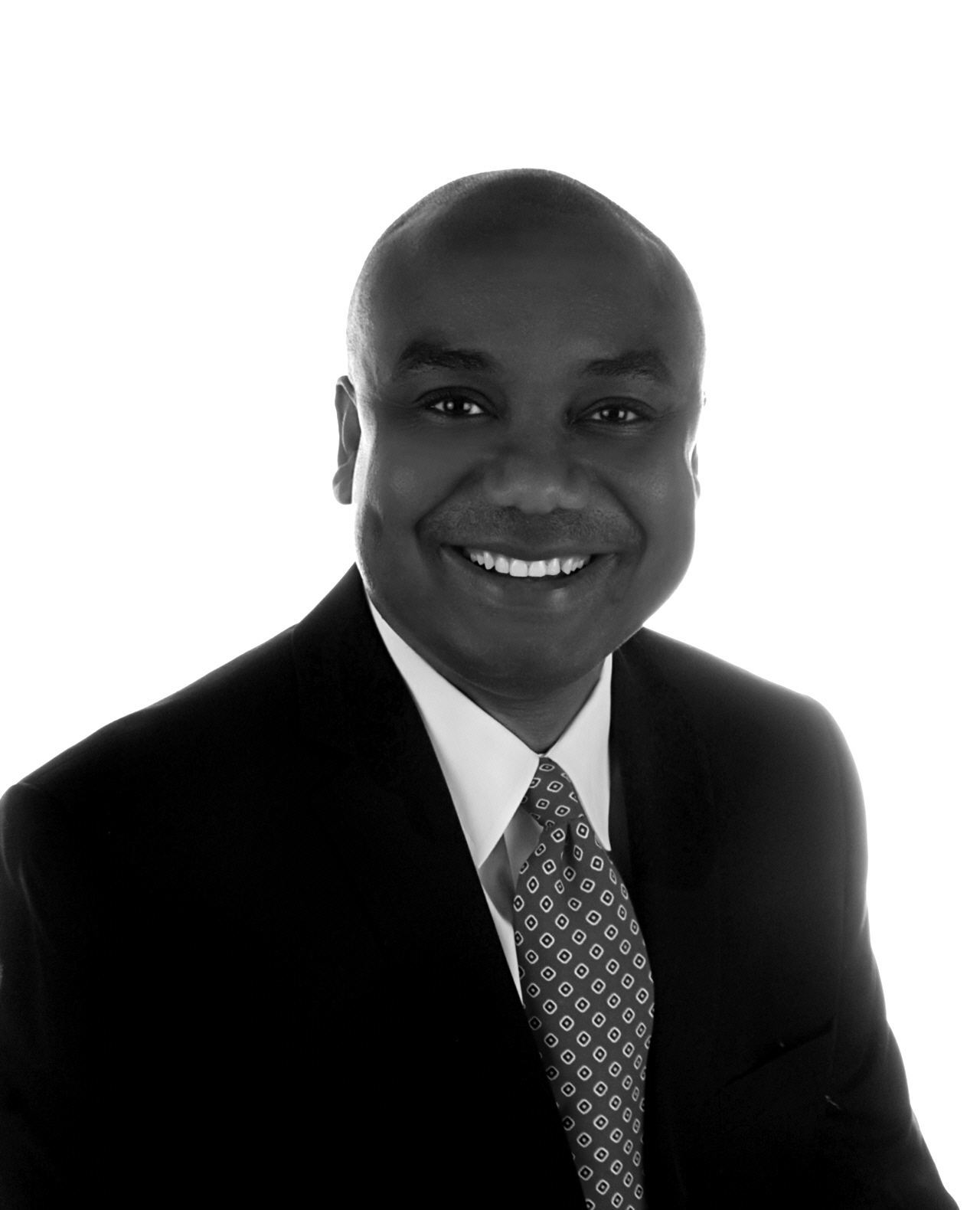
Mo' Omamegbe
Director and Head of Strategy, Securities and Exchange Commission of Nigeria
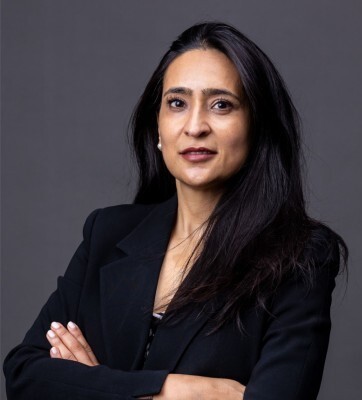
Saphira Surina Patel
Climate Change Manager, British International Investment
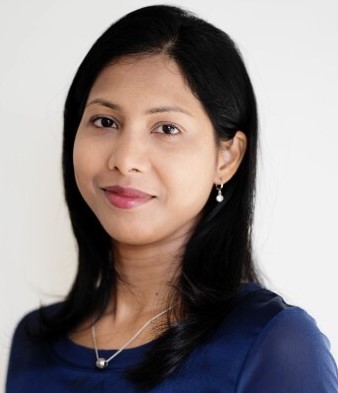
Dipeeka Seeruttun Ramgolam
Sustainability Reporting Coordinator, MCB Group

Harald Schütt
Founder, REIAoN, and MD Amusha Solar Namibia, and Hungileni Investment
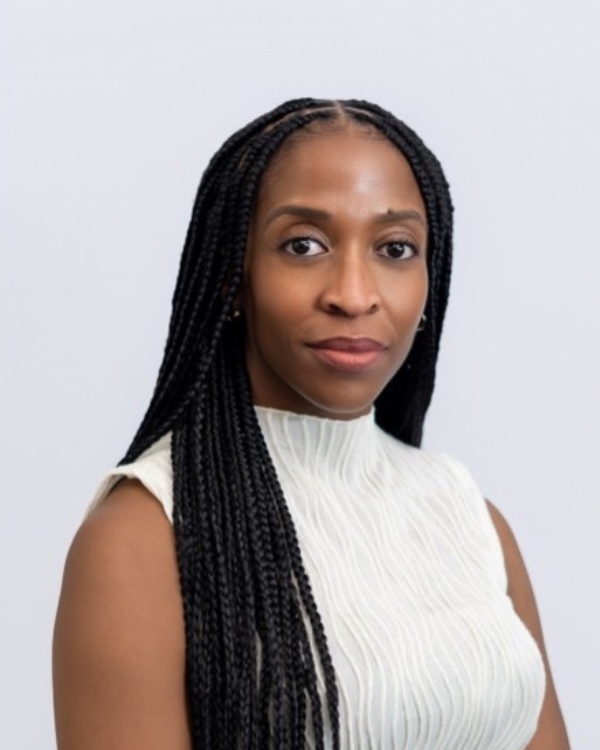
Boitumelo Sethlatswe
Head of Sustainability, Standard Bank Group
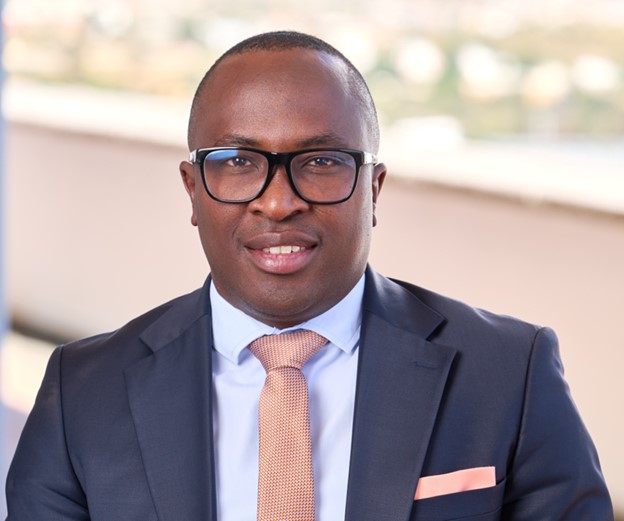
Herman Shilongo
Chief Reinsurance Officer, NamibRe

Paul Smith
Senior Consultant, Climate
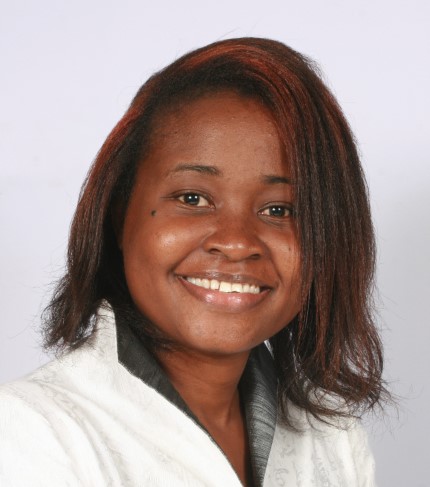
Caroline Wakesho Sonje
ESG Specialist, ICEA Lion
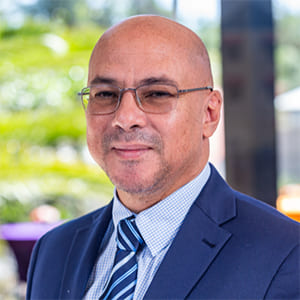
John Steytler
Project Leader, Sustainable Development Goals Initiative, GIZ Namibia

Mia Thom
Technical Director, Cenfri, Microinsurance Network
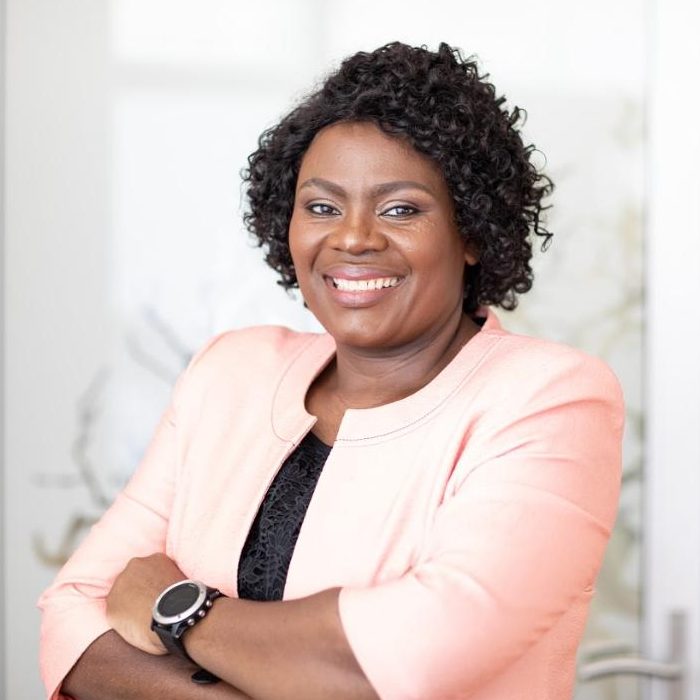
Nangula Nelulu Uaandja
CEO & Chairperson, Namibia Investment Promotion & Development Board (NIPDB)
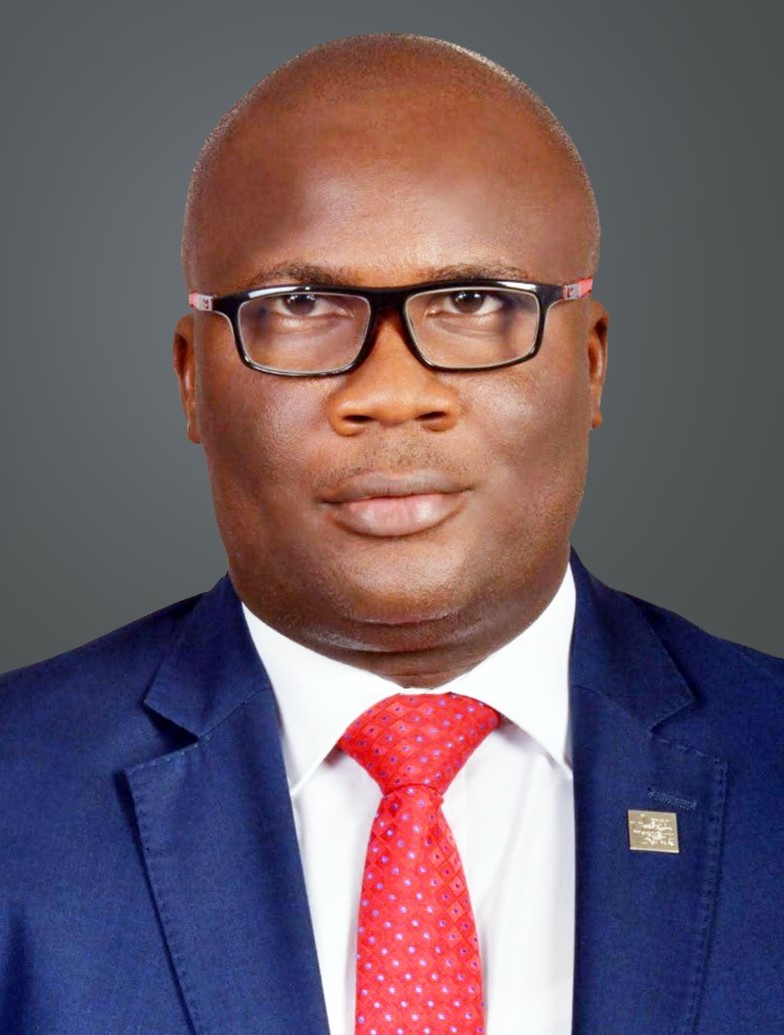
Monday Utomwen
Chief Risk Officer, WAICA Reinsurance Corporation
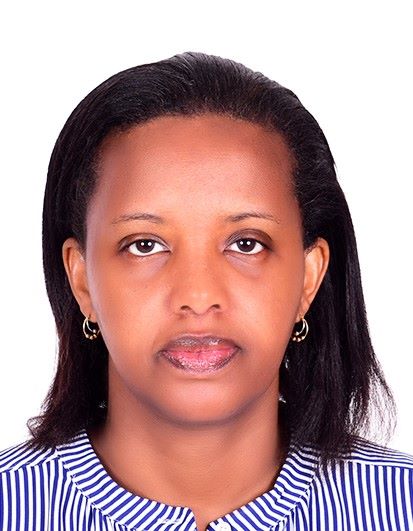
Davinah Milenge Uwella
Principal Program Coordinator, Climate Change and Green Growth Department, African Development Bank Group (AfDB)
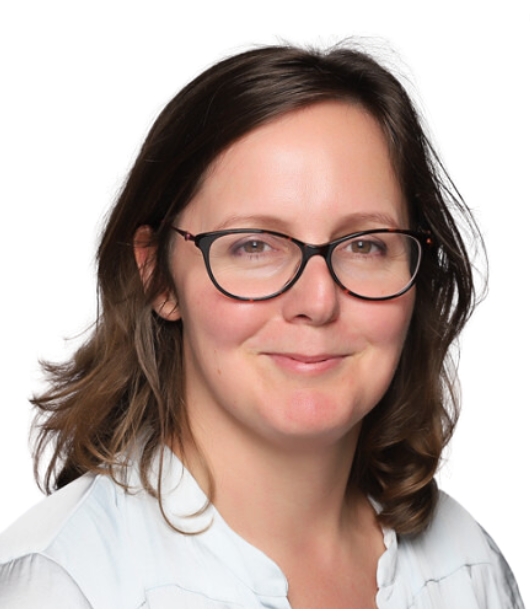
Liesel van Ast
Deputy Head
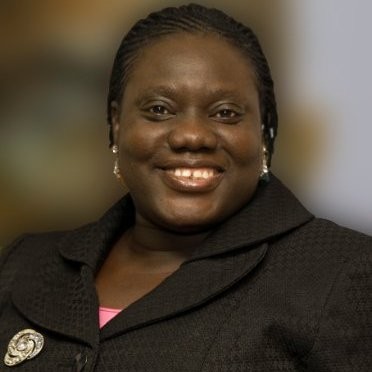
Omobolanle Victor-Laniyan
Head of Sustainability, Access Bank, Nigeria
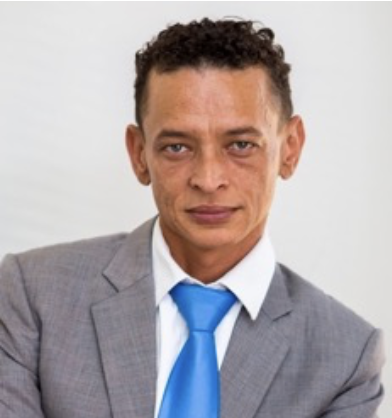
Nico E. Willemse
Project Review & Development Specialist






